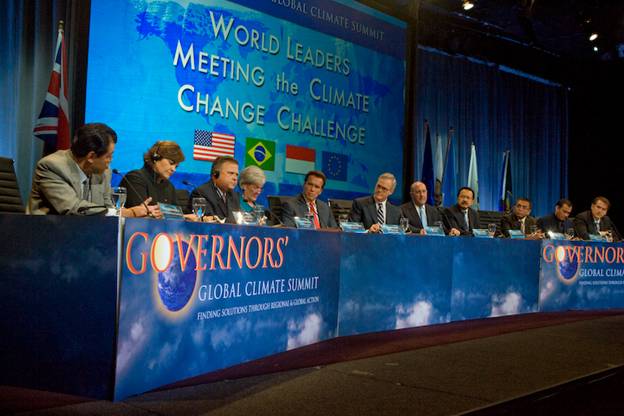Nine out of 10 disasters this year due to weather
 Copenhagen, Dec 14 : Of the 245 natural disasters in the first 11 months of 2009, 224 or 91.4 percent were due to weather, a UN study has found, underscoring the need for a strong deal at the ongoing climate summit to reduce and handle these disasters.
Copenhagen, Dec 14 : Of the 245 natural disasters in the first 11 months of 2009, 224 or 91.4 percent were due to weather, a UN study has found, underscoring the need for a strong deal at the ongoing climate summit to reduce and handle these disasters.
Of the 58 million people affected, 55 million were affected by weather-related disasters, which accounted for $15 billion out of the $19 billion spent in coping with these disasters.
A joint study by the World Meteorological Organisation (WMO) and the Centre for Research on the Epidemiology of Disasters (CRED) of the World Health Organisation has found that half of these disasters - mainly storms and floods - have taken place in Asia, Debarati Guha-Sapir of Brussels-based CRED said.
And this year's data does not include the loss due to drought because that takes longer to account for.
Saying that the data collected and analysed by her "clearly showed a rising trend in climate-related disasters and victims from 1975," Guha-Sapir told IANS: "We have found this is due to global warming, (weak) political systems, urbanisation, weak infrastructure, population increase and deforestation".
WMO head Michel Jerraud said the study once again underlined the "critical importance of reaching a strong agreement" at the Dec 7-18 climate summit here. "We have to cap emissions of greenhouse gases because they produce greater risk of disasters," he said.
Greenhouse gases - mainly carbon dioxide - are causing the climate change that is already affecting farm output, making droughts, floods and storms more frequent and more severe, and raising the seal level.
"We also need a strong agreement for significant support to developing countries for adaptation to climate change effects," Jerraud said.
Olav Kjorven, the assistant administrator and director of development policy of the UN Development Programme said: "Financial systems have been called too big to be allowed to fail. We have to consider if planetary systems aren't too big to be allowed to fail either."(IANS)